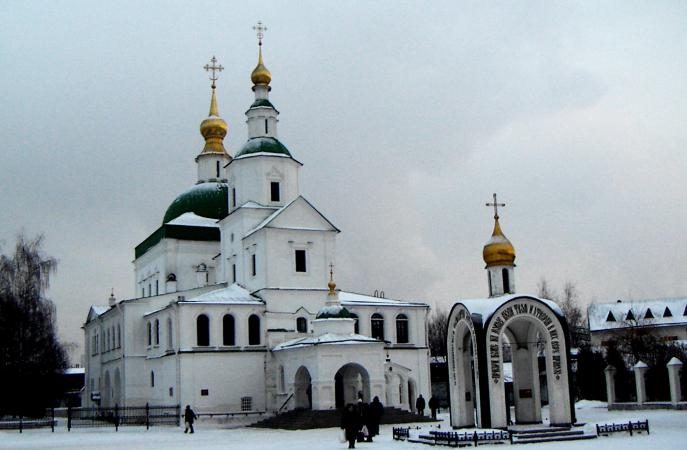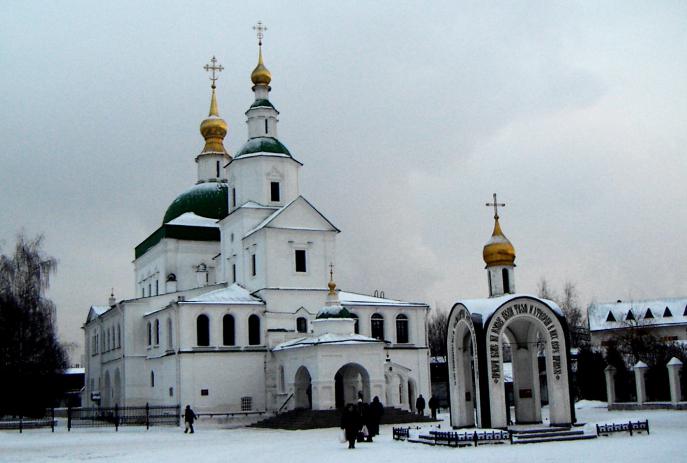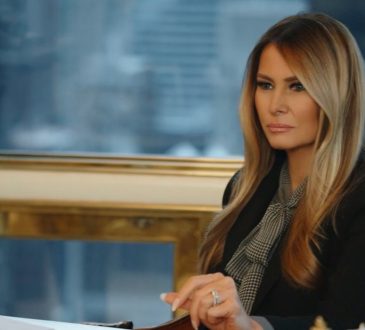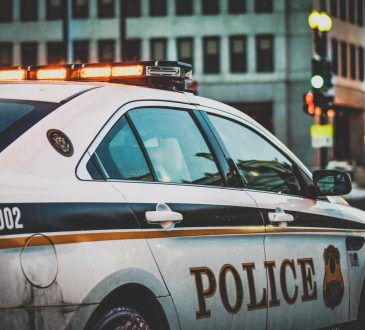Faith Under Fire: Moscow’s Archpriest Condemns Ukraine’s Crackdown on Russian Orthodox Church

Within the hallowed walls of Moscow’s ancient Danilov Monastery, Archpriest Igor Yakimchuk stands resolute, his words underscoring a mounting tension between faith and politics. Draped in his black cassock, a gleaming Orthodox cross around his neck, Yakimchuk calmly insists that no law should forbid people from practicing their chosen branch of Eastern Orthodox Christianity. However, his words reflect the anger felt by many Orthodox Christians in Russia following Kyiv’s recent decision to target the Russia-linked Ukrainian Orthodox Church (UOC).

In August, Ukraine’s government passed a law banning the Russian Orthodox Church from operating on Ukrainian soil, accusing it of spreading pro-Russian propaganda and harboring spies during a time of war—charges the UOC vehemently denies. Ukrainian President Volodymyr Zelenskiy’s administration has intensified its stance, with a government commission tasked with identifying “affiliated” organizations, including the UOC, which will also face a ban.
Yakimchuk, speaking to Reuters, calls the move “absolute lawlessness” and warns that millions of people are being denied their basic rights. “What does it mean to ban a church, the largest religious denomination in Ukraine?” he asks, his voice tinged with frustration. “No matter how much the Ukrainian authorities try to downplay it, everyone knows it’s impossible to forbid people from praying.”
Ukraine’s move to crack down on the UOC stems from fears that the church is too closely linked to Moscow, especially as the war between the two nations grinds on. Zelenskiy’s government views the church as a security threat, citing cases of clergy facing criminal charges, including treason. The UOC, in a bid to distance itself from Moscow, condemned Russia’s actions and even removed references to the “Moscow Patriarchate” from its official name. But these efforts failed to alleviate Kyiv’s concerns.
As tensions rise, the Orthodox Christian landscape in Ukraine is increasingly divided. After Russia’s annexation of Crimea in 2014, an independent Orthodox Church of Ukraine (OCU) was formed, completely separate from Moscow. Since Russia’s full-scale invasion in 2022, the OCU’s popularity has surged, drawing Ukrainians who see it as a more patriotic and independent institution. In contrast, opinion polls suggest more than 80% of Ukrainians no longer trust the UOC.
The growing rift between the Orthodox churches reflects the deep divides caused by the nearly 32-month war. Clerics in Moscow have thrown their full support behind Russia’s military actions, framing it as a “holy war” against the West. Meanwhile, the UOC’s attempts to remain neutral have left it stranded in the middle, unable to shake accusations of being pro-Russian.
Despite this, Yakimchuk’s call for religious freedom has resonated with many. “In the 21st century, in the center of Europe, people should not be deprived of their basic civil rights, especially the right to practice their faith,” he argues. His stance is echoed by other Russian Orthodox figures, including Leonid Trofimuk, a priest in St. Petersburg, who called Ukraine’s crackdown “Satanism” and likened it to the Soviet-era persecution of religion. “We thought the persecution of the church was behind us,” Trofimuk said, “but now it’s happening again.”
Ordinary Russians, too, have voiced their dismay. “There’s too much politicization of faith going on,” said Sergei, a resident of St. Petersburg. “I hope common sense prevails, and the international community takes notice.”
In Mariupol, a Ukrainian city seized by Russian forces in 2022, residents echo these sentiments. Olga, a local churchgoer, expressed her concern. “This is wrong,” she said, referring to Ukraine’s actions against the UOC. “How can Zelenskiy interfere with faith in God? This is not the state’s place.”
As the battle between faith and state intensifies, the fate of the UOC remains uncertain. Legal battles are expected as Kyiv attempts to shut down its operations, a process one Ukrainian lawmaker called “cleansing.” But for Yakimchuk and millions of Orthodox Christians in Russia, the struggle to protect their right to worship is only beginning.
The war may have divided Orthodox Christianity across borders, but the clash between religious conviction and political power is set to continue, with repercussions far beyond the walls of Danilov Monastery.




